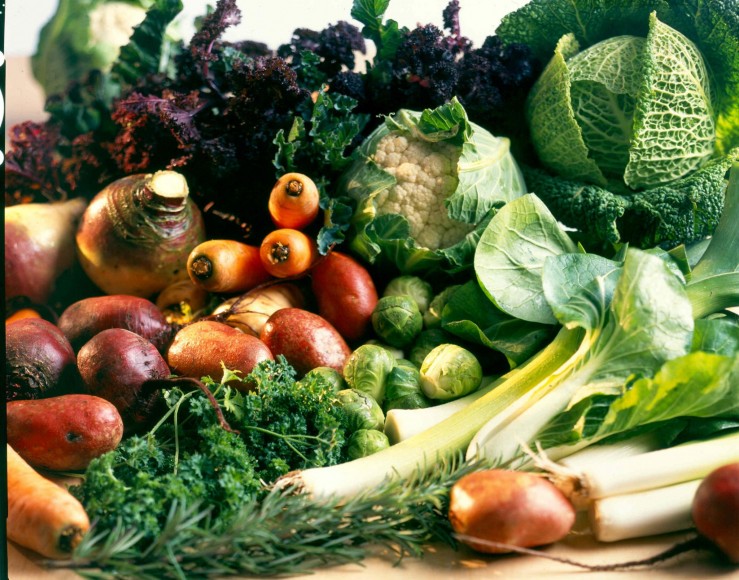Organic chief blasts EU proposals
Organic chief blasts EU proposals.
EBF vice president Peter Rolker says proposed changes to EU law would have “severe consequences”
New proposals for EU organic legislation have been slammed by a senior figure in the European organics industry as “a backward step” that would have “severe consequences” for the sector.

The European Commission has been consulting on changes to regulation 834/2007, which covers the production and labelling of organic produce, and favours putting more emphasis on consumer issues and less on the environment and sustainability.
However Peter Rolker, a vice president of the European bio/organic fruit forum EBF, told delegates at Prognosfruit this week that the proposals would “create a lot of uncertainty because of their complexity”, “endanger peaceful co-existence [among farmers] in fruit-growing regions”, would not solve the problems of criminal fraud in organics and would be “a backward step”.
Rolker urged the EC to take more time to consult with stakeholders before bringing in any changes, and poured cold water on the suggestion that the revision could come as soon as late 2015 or early 2016.
A critical point up for discussion, he said, is the issue of separate maximum residue levels (MRLs) for farms in intensive growing regions, where organic growers may be tainted by pesticide drift from conventional farms. Some commentators have called for an insurance fund to protect organic growers if they fail MRL tests as a result of drift.
Other issues include proposed changes to the inspection regime to put more of the focus on the finished product and national exceptions to production conditions.
Rolker wants to see residue-free become “almost market standard” and traceability back to farm modernised and better supervised by the EU authorities.
Production increases
His comments come at a time when the European organic top-fruit industry is on the up. A new production record for organic apples was set in 2014, when 25 per cent more fruit was grown in the EU than in the previous year.
Rolker’s fellow EBF vice president, Gerhard Eberhofer, told Prognosfruit delegates that now is the time for the trade to look for new markets beyond the traditional destinations of the EU and North America, which could include Israel and the UAE.
He added that the message to consumers should be all about freshness and taste at point of sale rather than the more ambiguous element of being ‘genuine’, and called for the creation of new umbrella branding to cover organic produce.